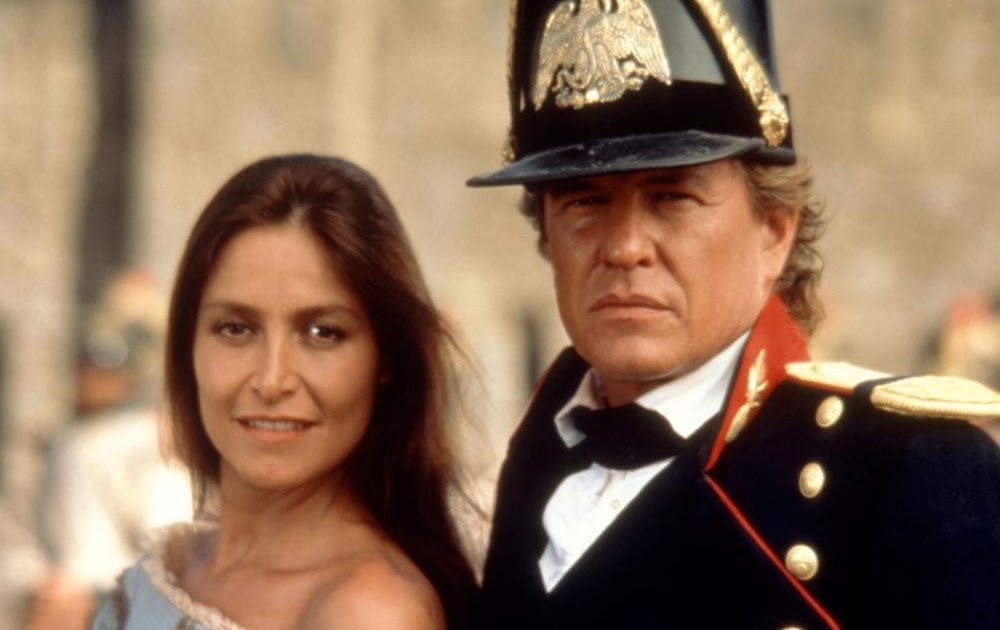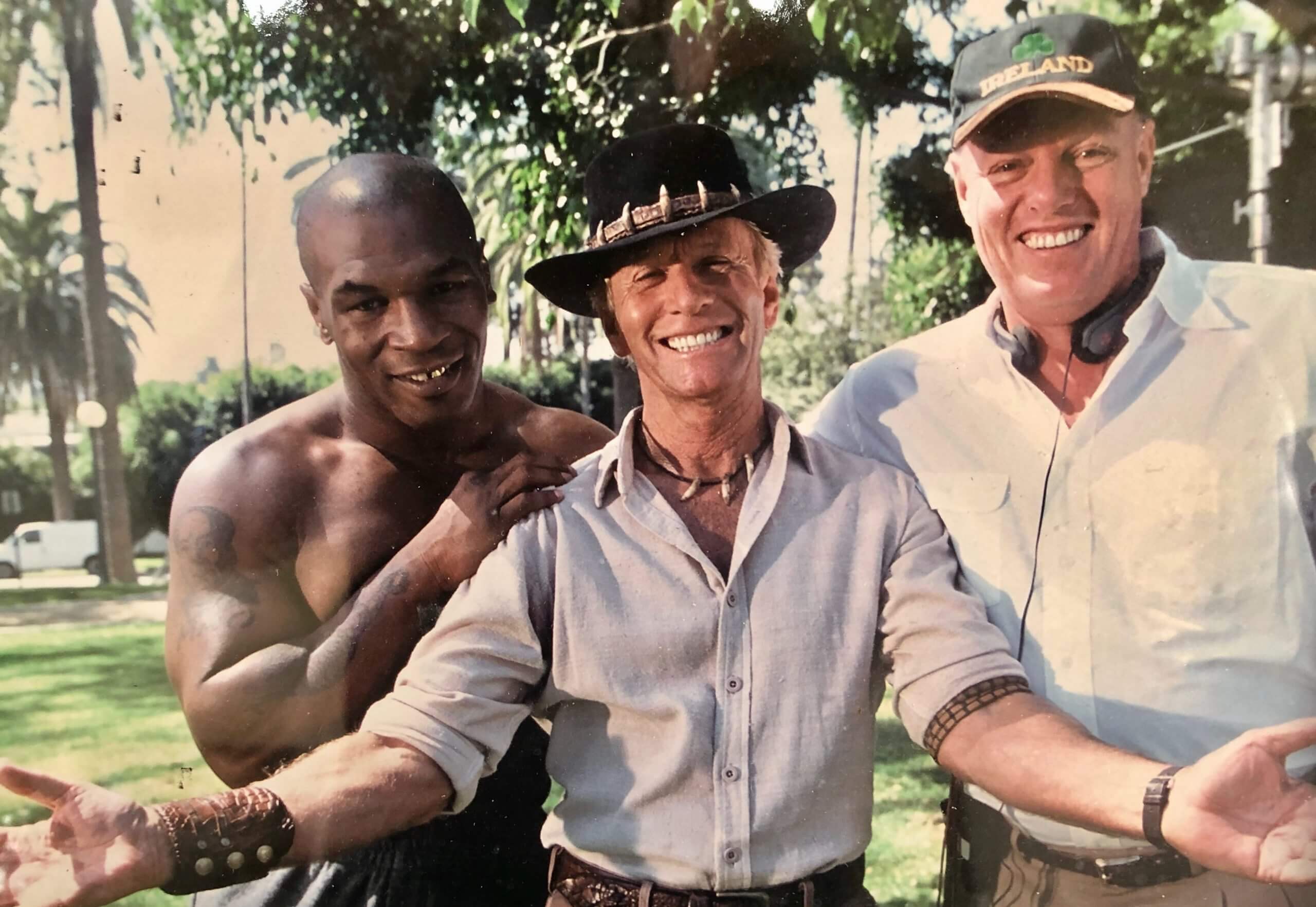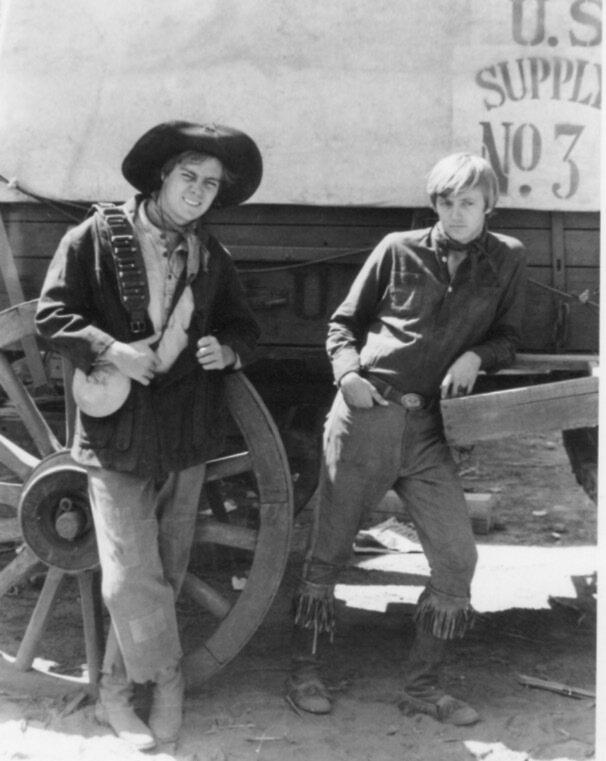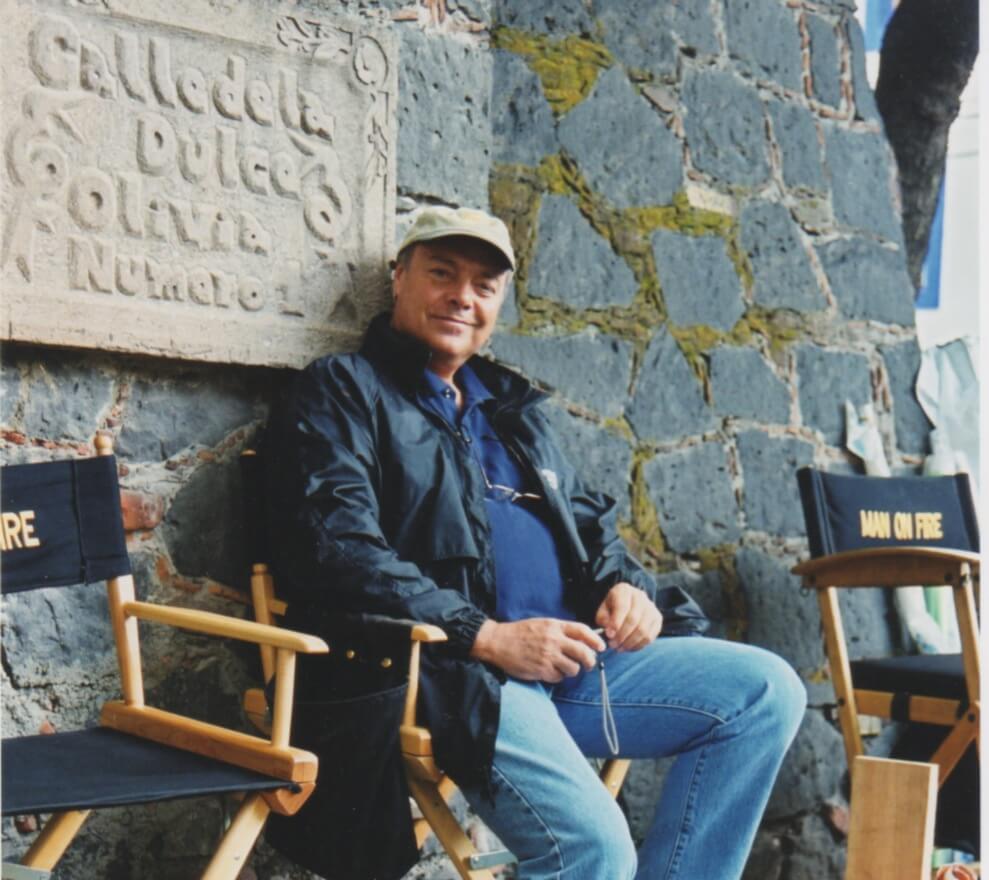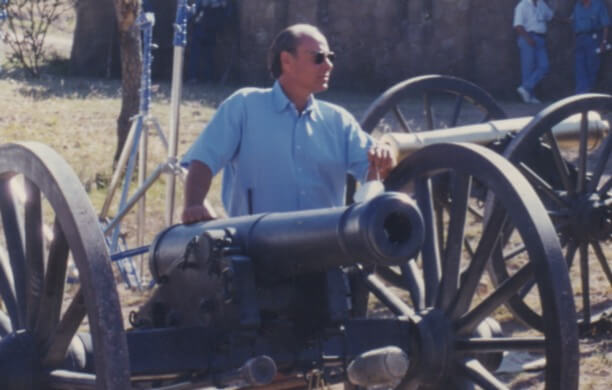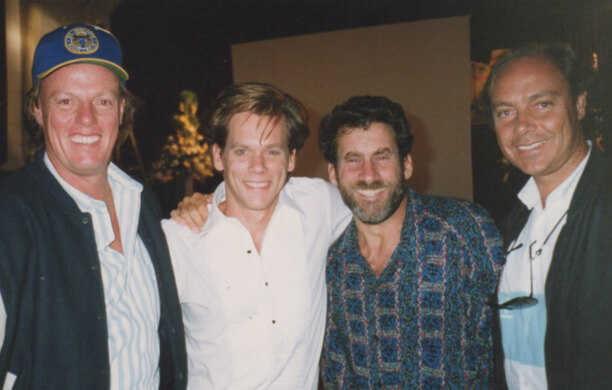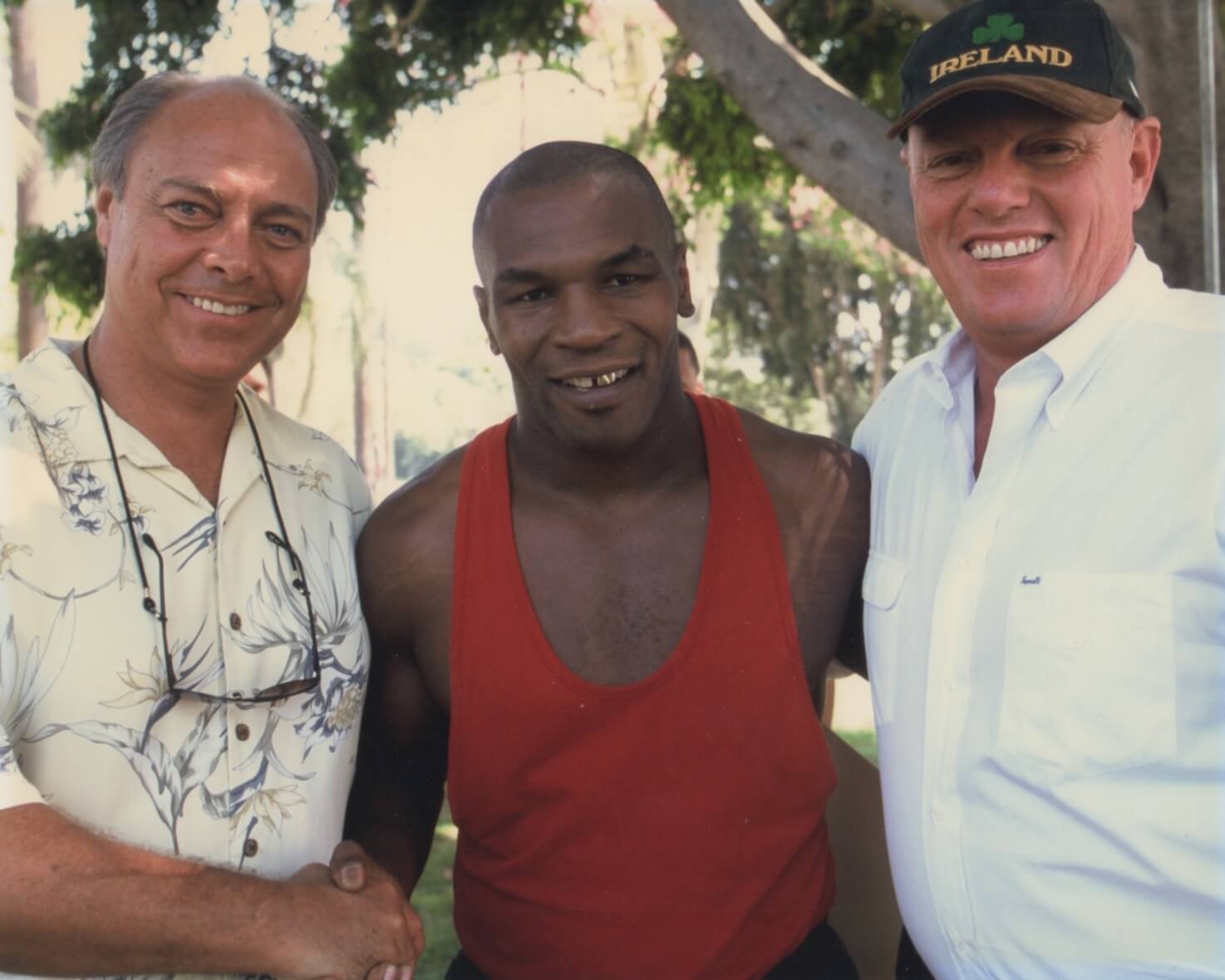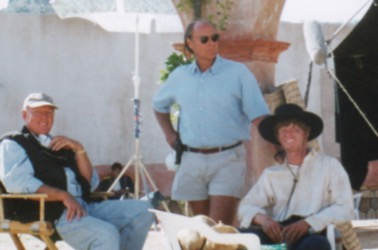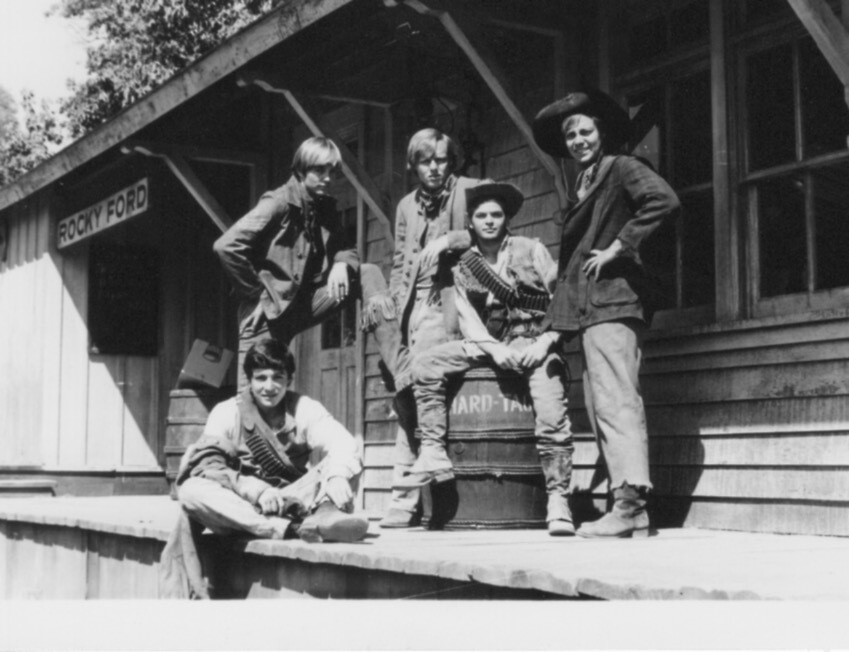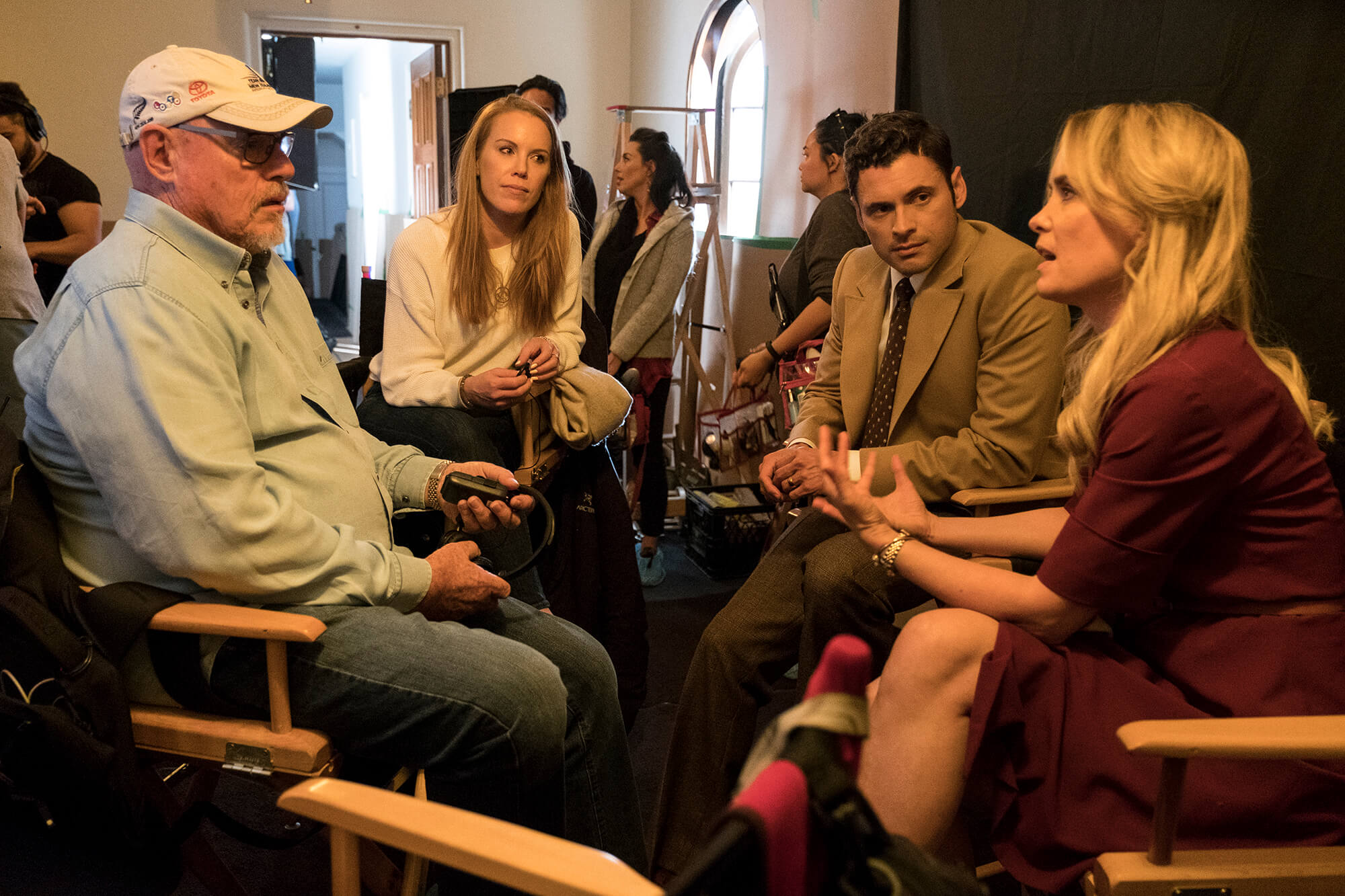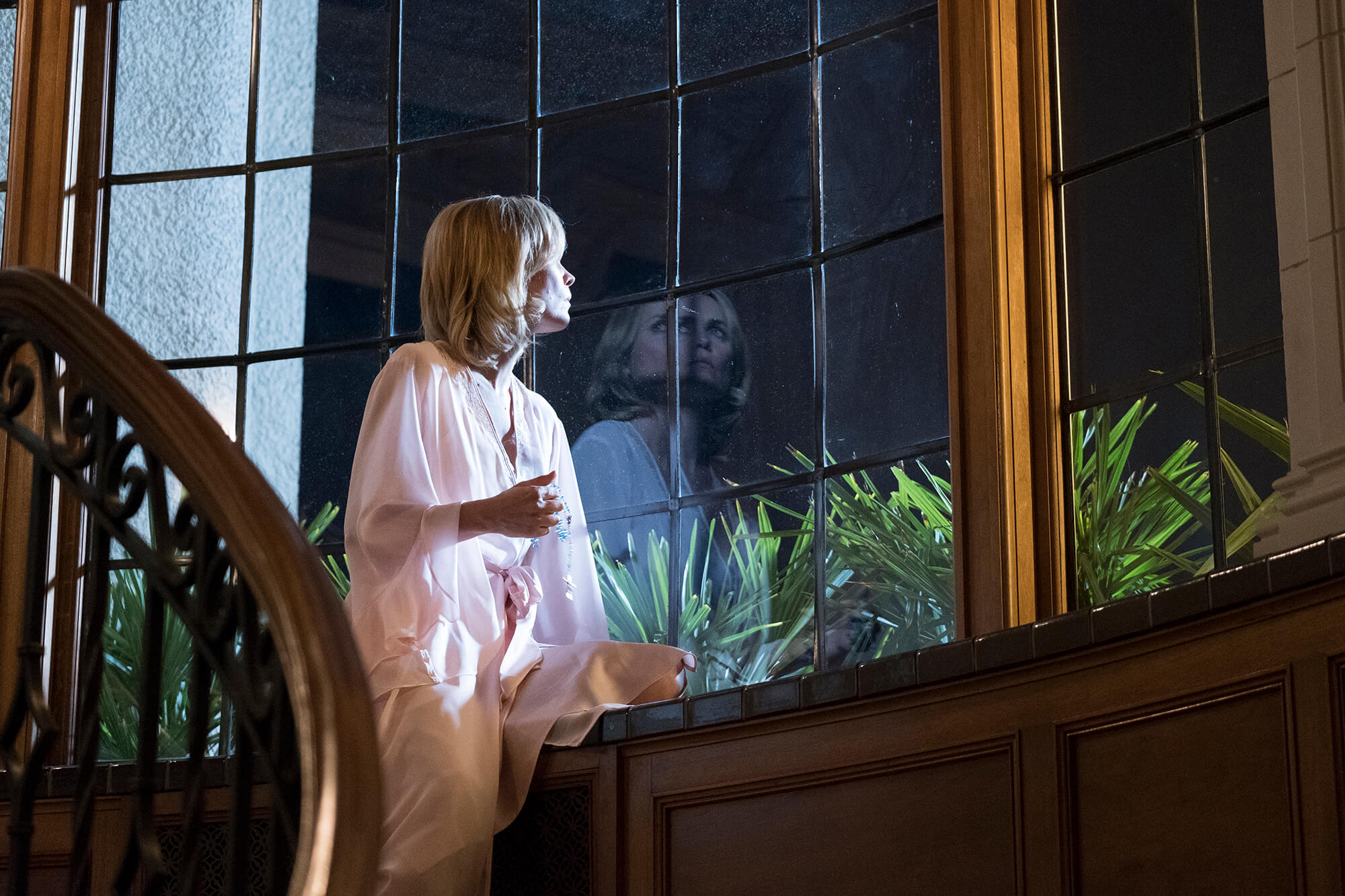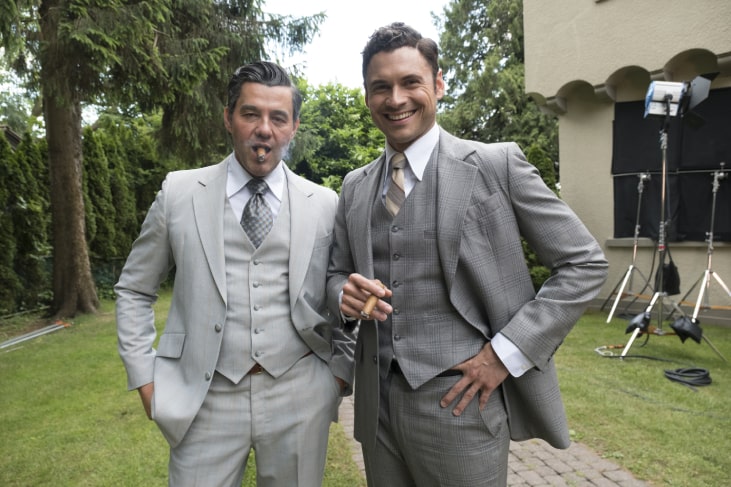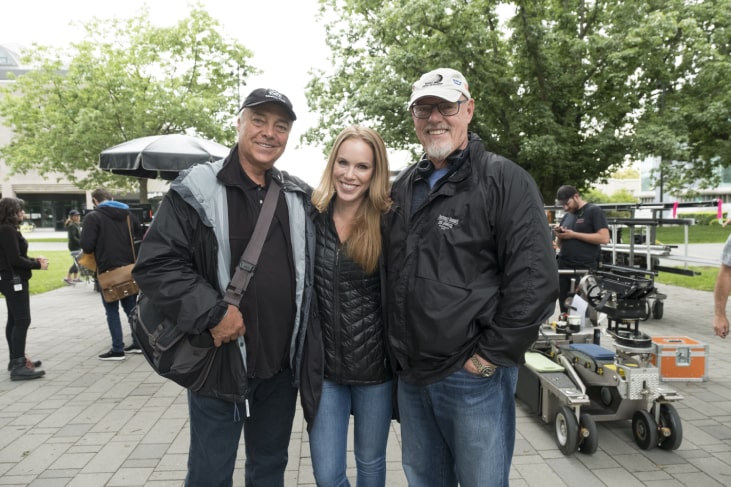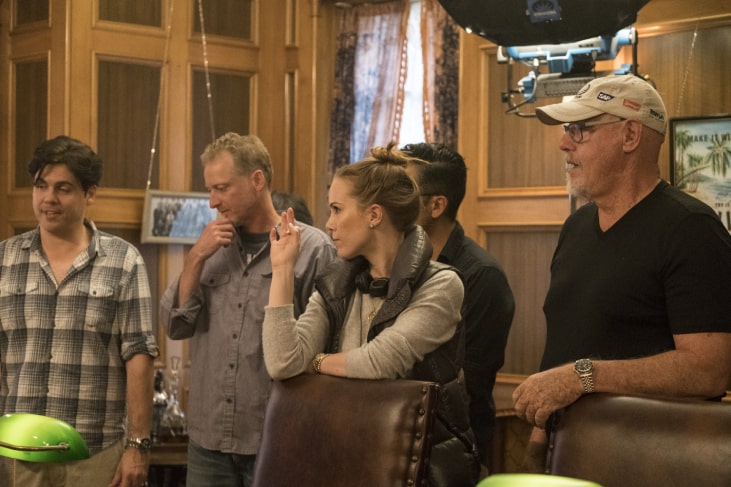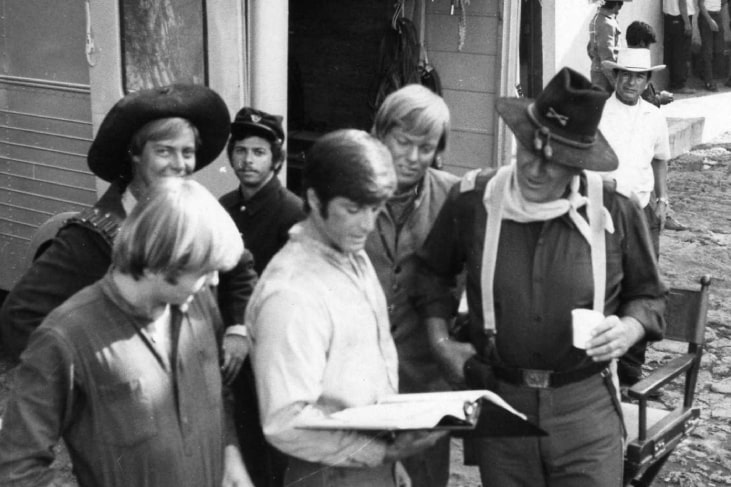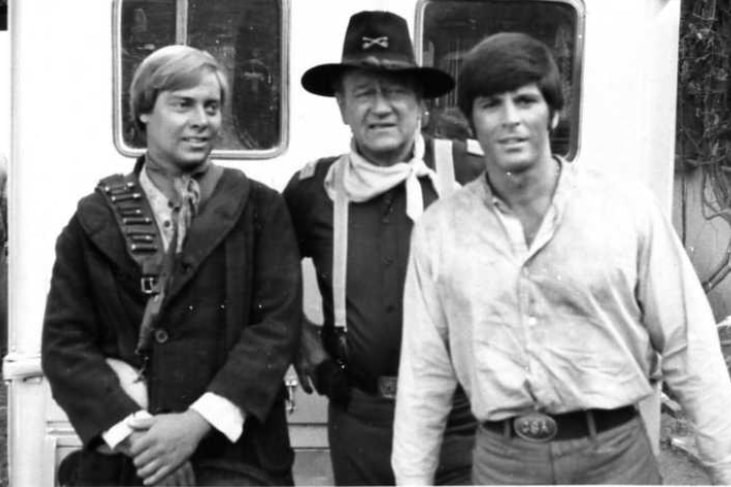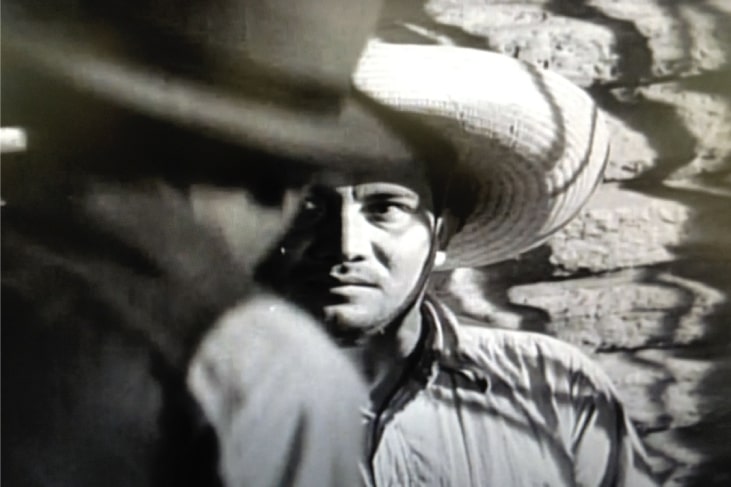Original aritlce link can be found in the LA Times here: https://www.latimes.com/archives/la-xpm-1999-sep-24-ca-13786-story.html
“One Man’s Hero” is a deeply felt and engrossing period epic that not only presents the Mexican War of 1846-1848, in which Mexico lost more than half its territory to the U.S., from the losers’ point of view, but also spotlights the heroic role in Mexico’s defense played by the San Patricios, Irish immigrant deserters from the American Army who cast their lot with the Mexicans.
Two years ago, Mexican President Ernesto Zedillo honored their St. Patrick’s Battalion in a public ceremony commemorating their sacrifice to the cause of Mexican liberty. The film, which represents the fulfillment of a 20-year dream on the part of its director, Lance Hool, is a fine example of how a genre film–in this instance the period-war picture replete with spectacular battle scenes–can call attention to a little-known historical incident that has resonance in the present.
In the 1840s, President James Polk took advantage of unrest in Mexico to promote the policy of Manifest Destiny, which held continuous expansion of United States territory to include the Southwest and to establish a bicoastal nation to be a self-evident and proper goal. With the American Army geared to provoke a border war with Mexico in 1846, the U.S. government solicited the Irish, in the throes of the potato famine, to help fight it, promising U.S. citizenship for the enlistees and further assuring them that they could earn enough money as soldiers to send for their families, who would also automatically be granted citizenship.
The Irishmen who signed up, however, found that the famine had already triggered so much emigration to the U.S. that many Americans were beginning to perceive the Irish newcomers as an economic threat. With anti-Irish sentiment brewing on the home front, the Irish faced escalating bigotry in the Army, especially for their Catholicism.
The way writer Milton S. Gelman tells it, before Col. Benton Lacey (Mark Moses), who is of Irish descent, could arrive at a remote outpost in Mexican territory where the Irish soldiers were stationed, Capt. Gaine (Stephen Tobolowsky, always expert at playing nasty types) has done his absolute worst. He withheld news of a promotion to the leader of the Irish, Sgt. John Riley (Tom Berenger), and subjected several of the Irish privates to such a severe flogging for attending Mass at a nearby Mexican village church that Riley is driven to lead his men to desert, where they wind up under the wary protection of a Mexican bandit, Cortina (Joaquim de Almeida), in his mountain stronghold.
When the Mexican War breaks out, the Irishmen’s status as deserters soon becomes that of traitors. A Mexican general (Jorge Basso) makes an eloquent pitch to persuade both Cortina and Riley and his men to join the Mexican army to battle the Yankee invaders. Gradually, the Irish identify with the struggle for freedom and autonomy of their new countrymen, with whom they share a common religion.
Gelman has a sure sense of structure and character development, but swatches of his dialogue are trite and the complex and unstable political situation in Mexico is not made as clear as it could be. You could wish that the film, directed with vigor and passion by Hool, would have been venturesome enough to have done away with an obligatory seeming love story as its central focus, involving a rivalry between Riley and Cortina for the fiercely proud freedom fighter Marta (Daniela Romo). Fortunately, it is handled in an adult manner, with De Almeida providing the entire picture crucial ballast as a dashing, disillusioned aristocrat with whom the courageous and principled Riley can have a believably antagonistic yet mutually respectful relationship.
*
Alas, Marta is no more than the noble, self-sacrificing Latina of a zillion other movies. For Cortina the stoic Marta is “the woman of women”; for Riley, “more woman than any woman I have ever known.” Fortunately, too, Romo, stuck in a cliched role, looks the part and has much presence.
The film, which takes its title from Riley’s remark that “One man’s hero is another man’s traitor,” covers lots of territory with considerable dispatch and clarity, culminating in the defeat of the Mexicans, a grim turn of events for the San Patricios in particular. Berenger and Almeida excel in their complex roles, and their strong portrayals are echoed in the performances of the large supporting cast, Moses most notably and including James Gammon as the earthy Gen. Zachary Taylor and Patrick Bergin as the arrogant and cynical Gen. Winfield Scott.
With Joao Fernandes’ resourceful cinematography offsetting some phony-looking sets, and Ernest Troost’s appropriately stirring score’s strong assets, “One Man’s Hero” has the stuff of a cavalry classic–just imagine what a John Ford or a Gabriel Figueroa, for starters, could have done with it–but it lacks the vision and personality to attain such a level of artistry. Still, this is a tale worth telling.
* MPAA rating: R, for violence. Times guidelines: In addition to standard battlefield bloodshed, the film has several sequences of extreme brutality.
‘One Man’s Hero’
Tom Berenger: Sgt. John Riley
Joaquim De Almeida: Cortina
Daniela Romo: Marta
Mark Moses: Col. Benton Lacey
An Orion Pictures release. Director Lance Hool. Producers Hool, William J. Macdonald, Conrad Hool. Screenplay by Milton S. Gelman. Cinematographer Joao Fernandes. Editor Mark Conte. Music Ernest Troost. Costumes Matthew Jacobsen. Production designer Peter Wooley. Art director Hector Romero. Set decorator Enrique Esteves. Running time: 2 hours, 8 minutes.
In general release.
